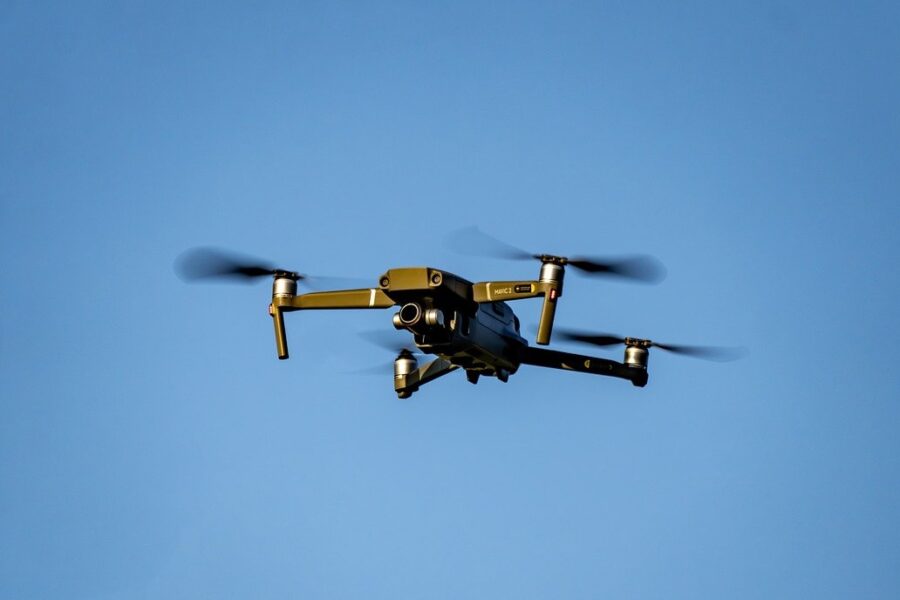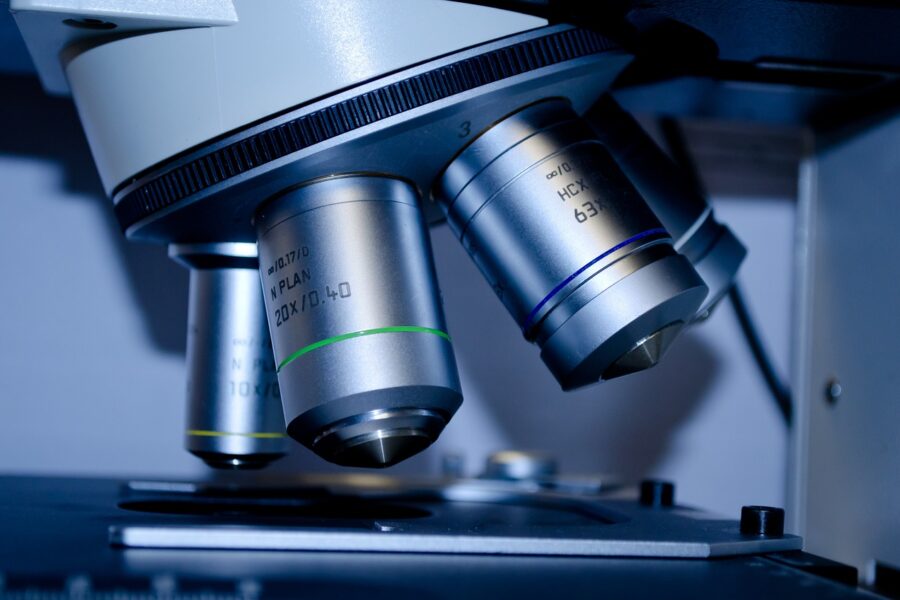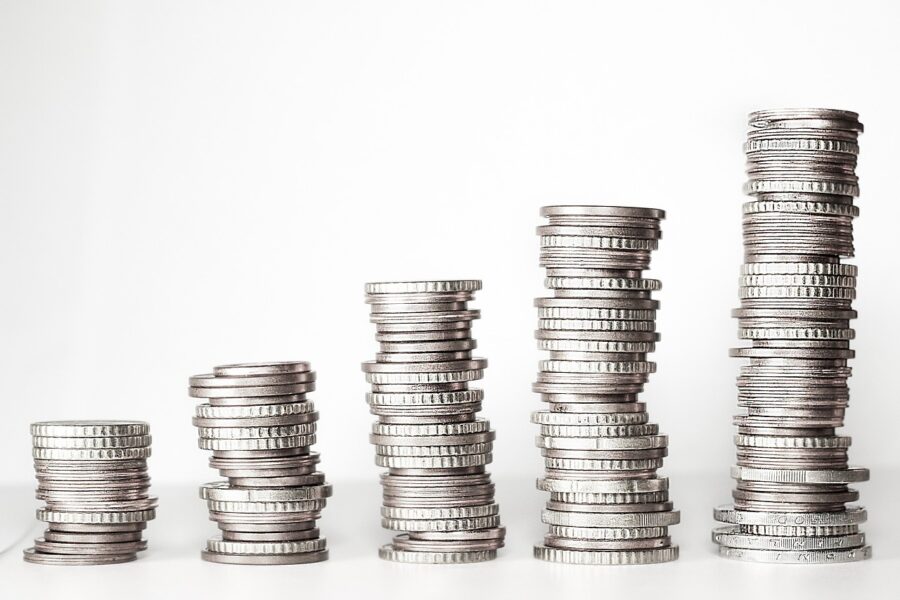In a bold international move, RareX (ASX: REE) has joined forces with Iluka Resources (ASX: ILU) to lodge a bid for the development of the Mrima Hill rare earths project in Kenya. The duo is forming a consortium to apply for a prospecting licence and, if successful, will establish a Special Purpose Vehicle (SPV) to take the project forward. RareX would take the reins operationally, with Iluka backing the effort through equity and offtake agreements.
A globally significant deposit on Kenya’s coast
Mrima Hill is no small prize—it’s considered one of the world’s most significant undeveloped rare earths deposits, located just inland from Kenya’s Indian Ocean coast and under 100km from Mombasa. The site is rich in rare earths, niobium, phosphate, and manganese—key inputs for technologies ranging from EV motors to fertilisers and steelmaking.
If the application is accepted by Kenya’s National Mining Corporation (NAMICO), the project will move into a de-risking and development phase led by RareX, focusing heavily on community engagement, environmental safeguards, and technical studies. RareX sees parallels to its existing Cummins Range project in WA and plans to apply the same development model.
Offtake already in place with Iluka
Iluka will hold a 25% stake in the SPV during the prospecting phase, with RareX funding operations until a mining licence is granted. In return, Iluka has secured a binding conditional offtake term sheet for all rare earth and mineral sands products, potentially feeding its Eneabba refinery in Western Australia—currently under construction with help from a $1.65 billion non-recourse federal government loan.
Other minerals like phosphate, niobium, and manganese will remain outside the offtake deal, offering RareX and Kenya further opportunities to serve domestic industries.
Still early days—but big potential
It’s important to note that nothing is locked in just yet. The application is still under review by NAMICO and Kenya’s Ministry of Mining, and there’s no guarantee the proposal will be accepted or that a joint venture will be formed. But if it gets the green light, the project could become a globally important source of critical minerals—with Kenya benefiting from downstream processing, job creation, and skills development.
Strategic importance on multiple fronts
This move isn’t just about minerals—it’s about geopolitics too. Kenya is a non-NATO ally of the U.S., a Commonwealth member, and a leader in renewable energy with 85% of its grid powered by green sources. RareX’s proposal includes support from Curtin University to train local teams, echoing a broader theme of sustainable, inclusive development.





